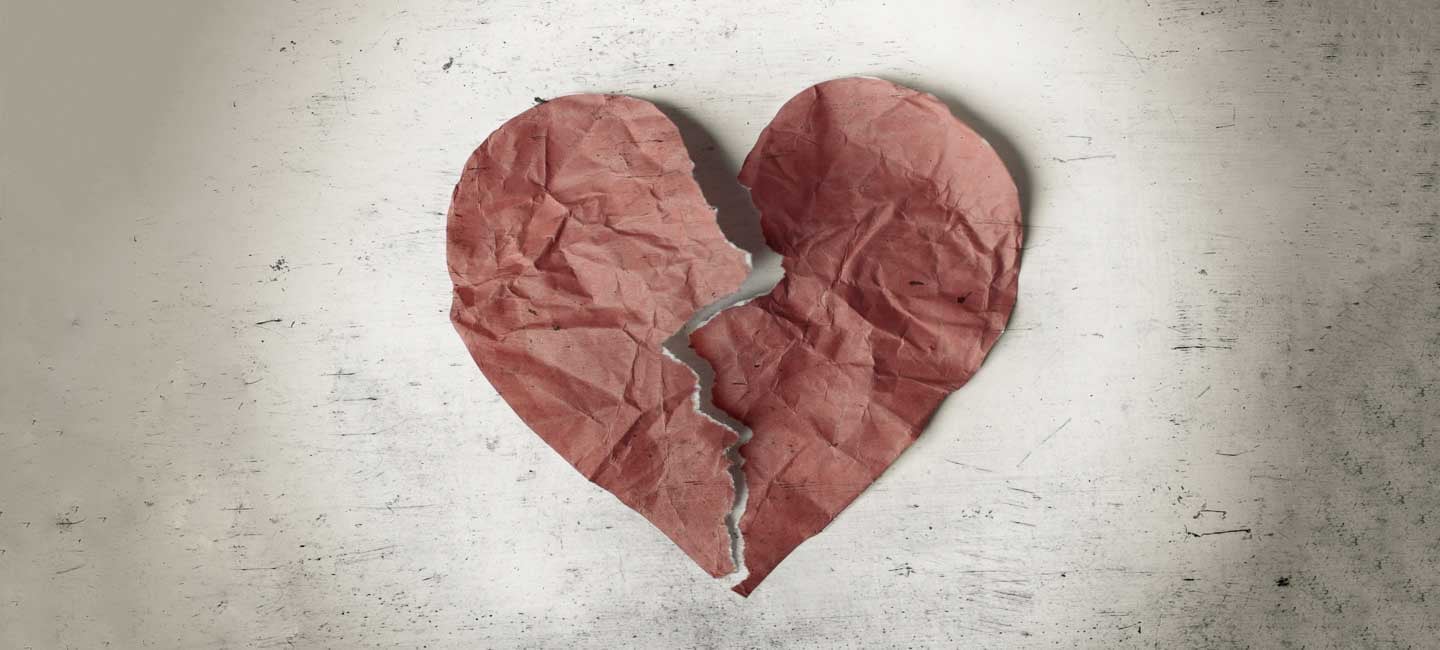Cancer and a Broken Heart
That sinking feeling in your chest that many call a broken heart could actually have significant impacts on your health, especially if you are a cancer patient.
According to a study published in the Journal of the American Heart Association, 1 in 6 people with broken heart syndrome – also called stress cardiomyopathy – had cancer. Those patients, the study found, were more likely to pass away within five years compared to those with broken heart syndrome who did not have cancer.
Those battling the stress-related disorder are also more likely to face clinical complications during treatment if they have a history of cancer.

Dr. Michael Fradley, cardiologist.
“Imagine going through a major emotional event like losing your house in a fire or the unexpected death of a loved one,” said Moffitt Cancer Center cardiologist Dr. Michael Fradley. “That stress combined with the stress and treatment of cancers can raise your risks of a less than optimal outcome.”
Stress cardiomyopathy causes one part of the heart to enlarge and stop pumping normally. That erratic behavior forces the rest of the heart to work harder.
In the study, researchers discovered that of those cardiomyopathy patients with cancer, nearly 90 percent were women. They also found that broken heart syndrome patients with cancer were twice as likely to have experienced a physical trigger versus an emotional trigger of broken heart syndrome. And patients were just as likely to survive for 30 days after the syndrome began but were more likely to die or require intensive heart and respiratory support while in the hospital.
“It is not clear if broken heart syndrome causes cancer or vice versa, or if the more intensive evaluation of patients with stress cardiomyopathy allows for cancer to be more readily identified,” Fradley said. “I agree with the authors of the study that more research is needed.”
By having a Cardio-Oncology Program on site, Fradley said that Moffitt doctors and patients are better prepared for all potential risks involving the heart.
“For both cancer patients and survivors, there is a huge benefit to being treated in a cancer center with a cardio-oncology program,” Fradley said. “We are a cancer center and we treat cancer. Our cardio-oncology team understands the complexities of their health care.”



